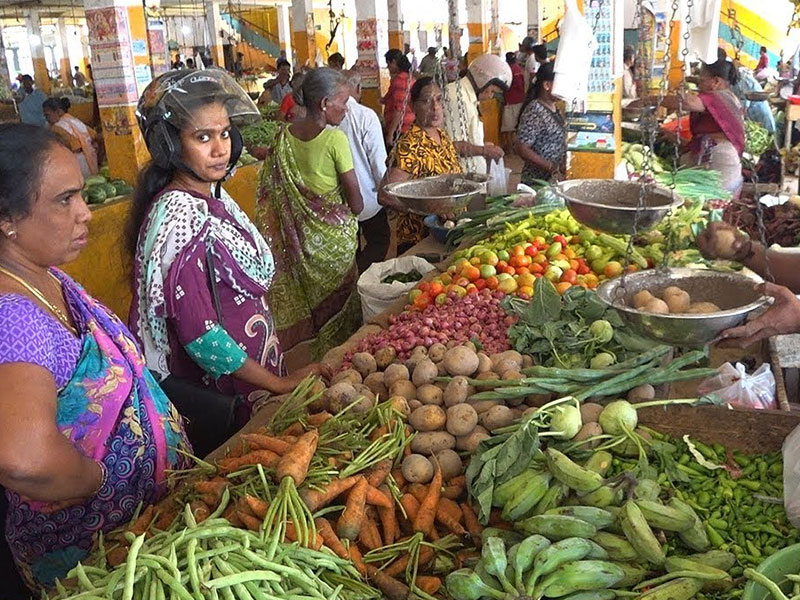Sri Lanka’s economic crisis paints a grim picture, with over 60% of households experiencing a drop in their monthly income and nearly 91% facing increased expenses. This stark reality emerges from a survey conducted by the Department of Census and Statistics, highlighting the profound impact on people’s lives.
The economic woes, traced back to the 2019 Easter Sunday attack and exacerbated by the pandemic, have forced households to not only adapt their food consumption but also adopt diverse coping strategies. Over 21% nationwide and a staggering 22.8% in rural areas have resorted to “crisis strategies” due to food scarcity or financial constraints.
Reduced working hours, cited by 48.7% of respondents, is the main culprit behind falling incomes. While some households find solace in secondary jobs or additional income sources, loans and seeking external aid remain the least utilized options. Notably, 73.6% of income-hit households haven’t adopted any specific coping strategy, potentially indicating underlying hardship and resignation.
The crisis’s claws extend to healthcare, with unemployment and reduced income posing barriers to accessing vital medical treatments and preventive care. Financial constraints aggravate pre-existing health conditions and force individuals to delay or forego treatment. The survey reveals that 29% of individuals have faced illness, with 7% altering their treatment procedures due to the crisis. This often involves changing treatment locations or delaying medication usage until situations become critical.
Sri Lanka’s economic crisis demands immediate attention and targeted interventions. The survey provides valuable insights for policymakers to tailor strategies that address healthcare challenges arising from financial hardships and support households struggling with inadequate incomes and rising costs. The long-term health and well-being of the nation depends on decisive action to navigate this critical juncture.







